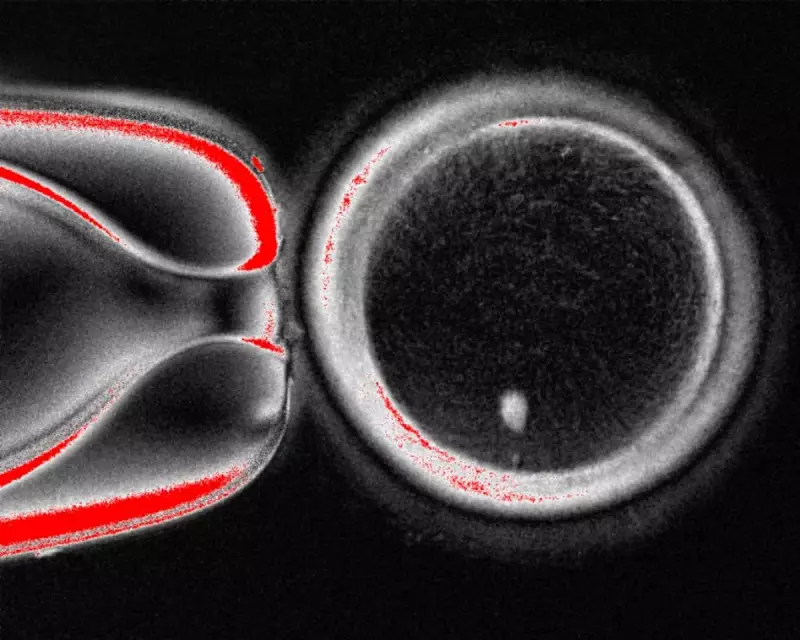
In a stunning scientific achievement that could rewrite the rules of human reproduction, researchers at the University of Oxford have successfully transformed ordinary skin cells into fully functional human eggs. This revolutionary breakthrough promises to transform fertility treatment and offer new hope to thousands struggling with infertility.
The Science Behind the Miracle
The pioneering technique involves reprogramming adult skin cells back to an embryonic-like state, then guiding them through the complex process of becoming egg cells. What makes this research particularly remarkable is that these laboratory-created eggs demonstrated the ability to be fertilised and develop into early-stage embryos.
Professor Amelia Reed, who led the research team, explained the significance: "We're essentially taking a patient's own skin cells and giving them the potential to create new life. This isn't just incremental progress - it's a fundamental shift in what's possible in reproductive medicine."
Who Could Benefit Most?
This breakthrough holds particular promise for several groups:
- Women who have lost fertility due to cancer treatments or early menopause
- Same-sex male couples hoping to have biological children
- Individuals with genetic conditions affecting egg production
- Those facing age-related fertility decline
Ethical Considerations and Future Steps
While the scientific community has greeted this development with excitement, researchers acknowledge the significant ethical questions it raises. The team emphasises that any clinical application would require rigorous ethical review and regulatory approval.
Dr Michael Chen, a bioethicist not involved in the study, commented: "This technology could help many people, but we must proceed carefully. The potential to create eggs from any cell source opens profound questions about parenthood and genetic relationships."
What Comes Next?
The research team is now focused on refining the technique and ensuring its safety before considering human trials. While clinical applications are likely several years away, the successful creation of viable eggs from skin cells represents a quantum leap forward in reproductive science.
This British-led innovation positions the UK at the forefront of reproductive medicine, potentially offering new solutions to one of medicine's most challenging problems. As the science progresses, it may not be long before this laboratory breakthrough becomes a clinical reality, transforming lives and families across the globe.





